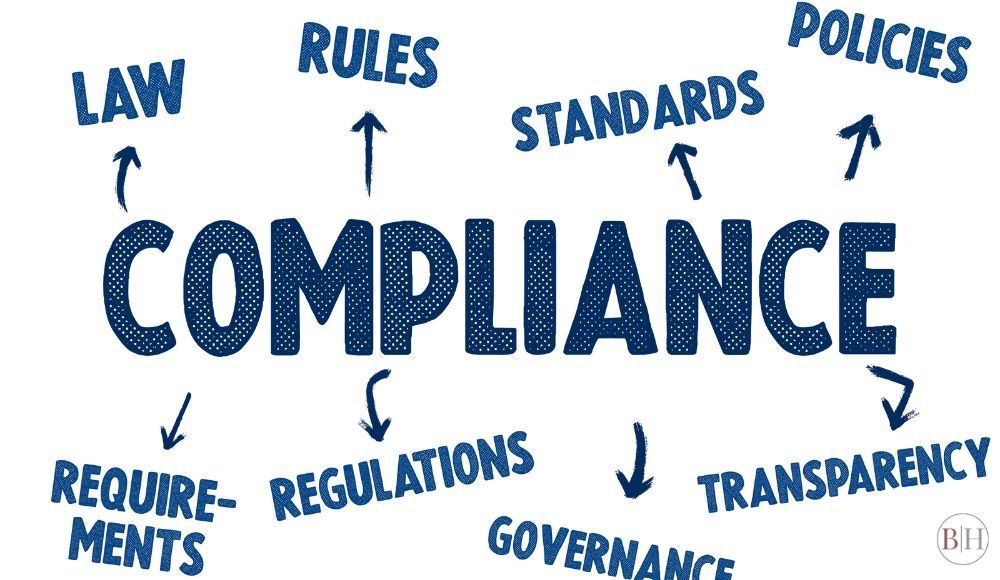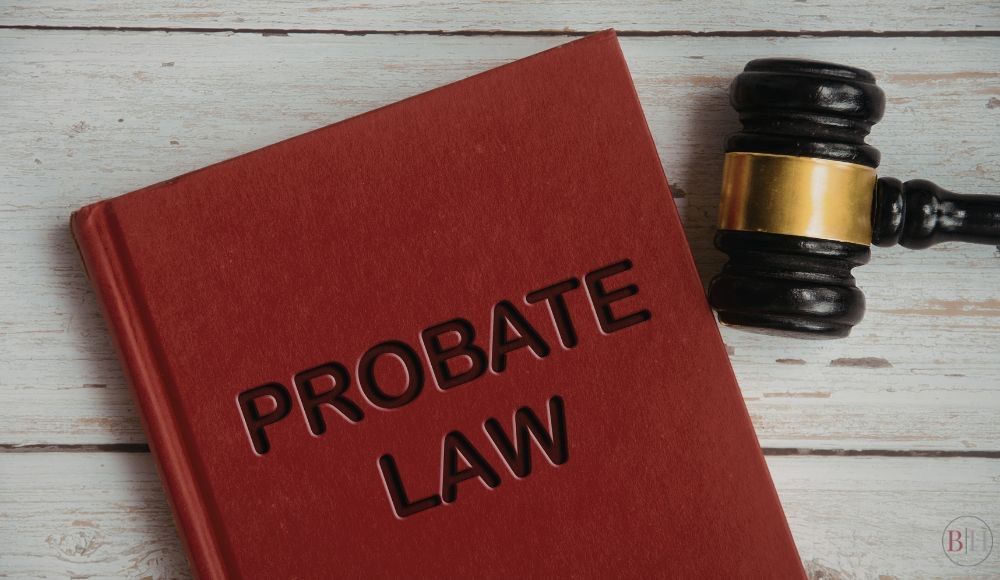Real Estate Purchase and Sale Agreements

Buying a home or other property is probably one of the most significant and complex purchases you will ever make, but an experienced Real Estate Attorney can walk you through the process and ensure that you are protected by having all of your documents in order, including the real estate purchase and sale agreement, which needs to be signed by both the buyer and the seller.
What is a Purchase and Sale Agreement?
A purchase and sale agreement (PSA) is a legally binding document that lists all the agreed-upon terms of the sale and the intentions of both the buyer and the seller. It is sometimes called the purchase and sales contract. A PSA can be used in other sales transactions, such as purchasing a vehicle or company stock, or when purchasing expensive or large volumes of materials over time.
8 Elements of a Real Estate Purchase and Sale Agreement
Every PSA is unique; however, the following information is typically included in most:
- Information about both parties, including their full legal names and contact information
- A detailed description of the property
- The purchase price
- How the buyer will pay the seller
- Earnest money details—Earnest money is a deposit paid by the potential buyer to the seller to show good faith in their intent to complete the transaction. The PSA includes the amount of the earnest money, when it must be deposited, contingencies that could allow the buyer to get the money back, how long the buyer has to perform their due diligence, and who will manage the money.
- Closing Date—The closing date is the day you finalize the transaction. Typically, a home inspection, title search, appraisal, and mortgage underwriting must occur before the sale can become final.
- Title Details – A title company performs a
title search, which is a search of public records to determine if the title on the property is clean and that no other party has a claim to the property. The PSA identifies the title company, who will pay the title company, how the title is insured, and how the title will be transferred.
- Contingencies – Contingencies allow either party to back out of the deal. For example, the buyer may ask that the sale be contingent on selling their current home, obtaining financing, or on the home inspection or appraisal results.
While a PSA is legally binding, some things can be negotiated even after both parties have signed it. For example, if a home inspection reveals a major issue or the parties want to change the closing date.
How to Avoid Costly Real Estate Mistakes
An experienced real estate law firm like Bingaman Hess can help you avoid costly mistakes in a real estate transaction. Our lawyers help you understand your obligations and potential costs, assist you with paperwork, avoid disputes, and proactively address potential real estate issues.
Avoid costly mistakes by calling us at 610.374.8377 or contact us online.









